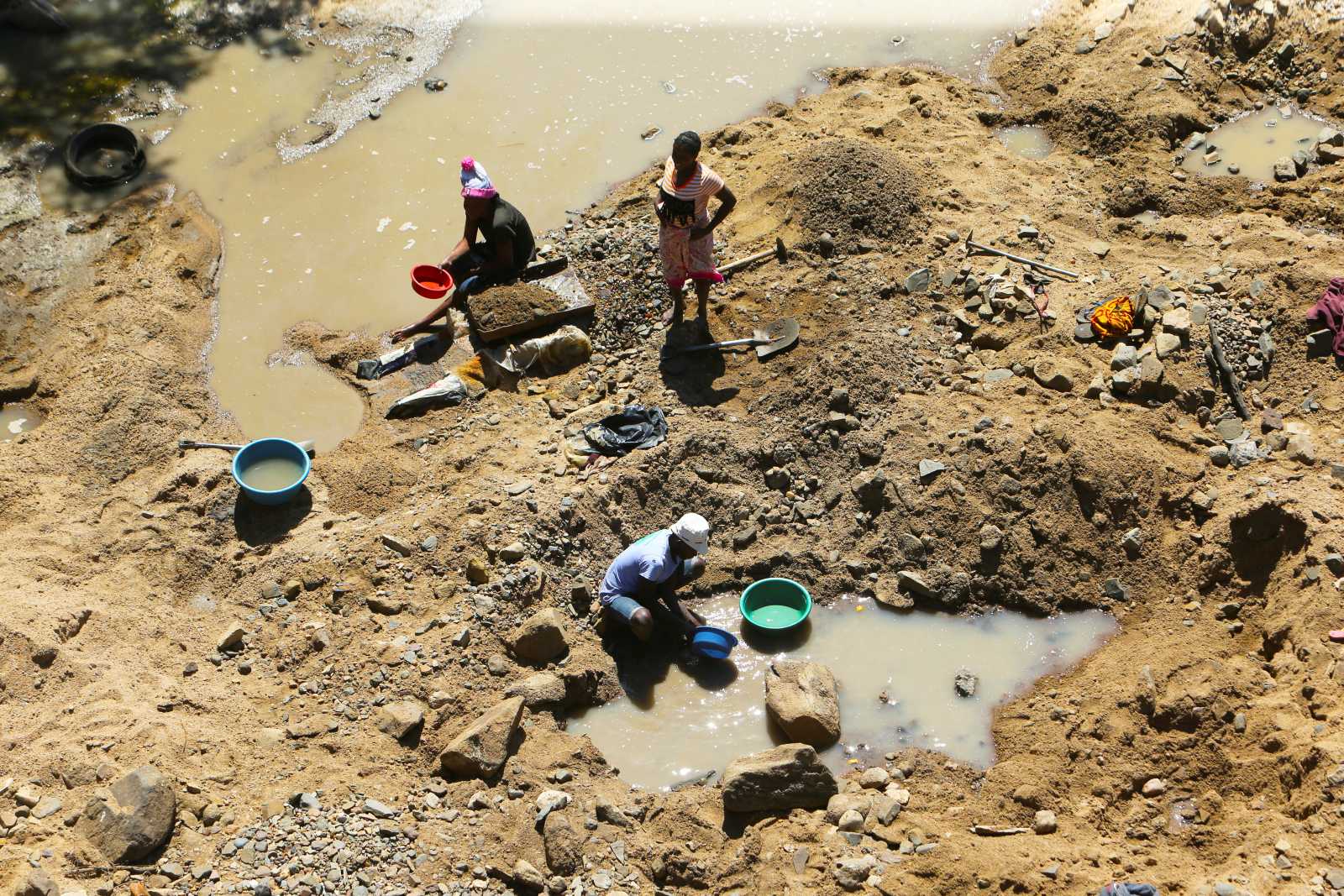Press clippings
Lost credibility
Haiti: Le Nouvelliste
A great time for protest: the members of the young generation are voting at the top of their lungs on the streets. [...] The US is resorting to sanctions: blocked funds, cancelled visas – it feels like back in 1991, during the coup and the embargos. [...] Analysts don’t know anymore what to make of the closing of the Canadian Embassy. Or the silence of the UN mission in Haiti, which first congratulated itself on the well run elections. Or the position of Haiti’s other friends, whose rhetoric now is totally diplomatic. What is going on here that we do not understand? What game are we part of? [...] The billions of dollars reconstruction money – are they the real issue of this electoral crisis? Does somebody need an even weaker president, at whatever cost, to get Haiti down? Is there a need to undo even the last shreds of sovereignity of this failed state? Is it necessary to demolish the last facade that gives us the impression of being a country? The uproar and the fury on the streets – aren’t they distracting us from the essential issues?
Switzerland: Le Temps
For weeks, the international community seems to have been running into trouble about supervising elections in Haiti. [...] The fear of aggravating the upheaval mark UN decisions. The UN is facing the worst imaginable scenario. The report of Renaud Piarroux, the French medical doctor who pointed to the blue helmets from Nepal as the source of the cholera epidemic, added to the problems. [...] “The difficulties here are almost impossible to overcome,” a UN employee says. “You would not imagine just how challenging it is to interact with Haitian politicians.” The NGOs, the UN and the Haitian politicians – they all are indispensable partners, but they look at each other with distrust and systematically point out the responsibilities of the others. Stabilisation of Haiti seems further away than ever. This first election round, in which only a quarter of the population took part, has already weakened Haiti’s future president.
Britain: The Economist
The United States urged the government and the council to respect the “will of the people”. So earlier did Edmond Mulet, the head of the United Nations mission in Haiti [...] But what is the popular will? Only 1.1 million of a potential electorate of 4.7m managed to cast votes. [...] Ten of the 19 presidential candidates are calling for the election’s annulment. So are many Haitians. To their welter of reasons – the exclusion of some political parties, a raging cholera epidemic and the disenfranchisement of many on voting day – they can now add an electoral council that doesn’t seem to know how to count.
USA: The New York Times
Haiti, with all of its many problems, desperately needs a credible, legitimately elected government. [...] When President René Préval’s handpicked electoral council announced on Tuesday that the president’s protégé, Jude Célestin, had – contrary to reports from outside observers – edged out Michel Martelly, a popular musician, for a spot in a January runoff, crowds reacted with fury. [...] There is still time to achieve a measure of credibility and confidence for this election. The results announced Tuesday were preliminary. On Thursday, the government promised to recheck tally sheets. The United States and international partners [...] must keep a close eye on the next critical steps. Haitians, including Mr. Martelly and his supporters, meanwhile, must contain their frustrations and be ready to express them at the right place and time: at the ballot box in January.







